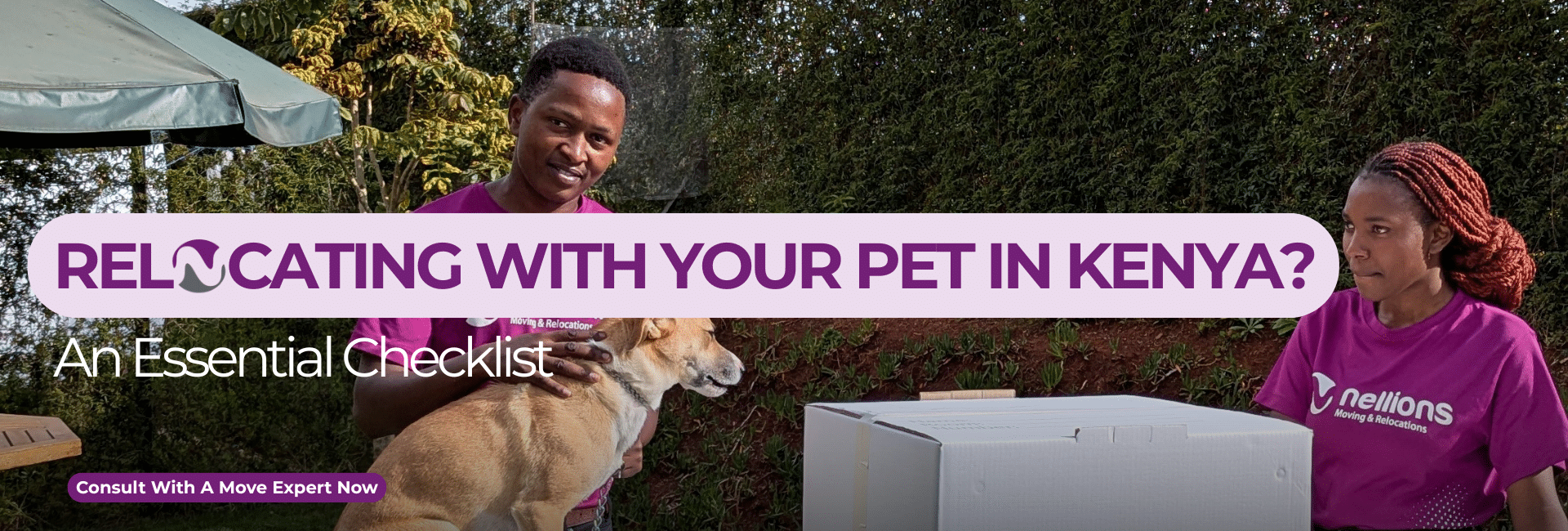The aim of home insurance is to protect you from unexpected financial burdens you wouldn’t necessarily afford without insurance. If your home or the contents therein are damaged as a result of an insured peril, it’s your right to file a home insurance claim.
However, it’s prudent to ensure your claim is valid and will be covered before you file it.
First, find out if your home insurance claim worth is above the excess or deductible. Insurers implement either of these safeguards to prevent people from making frivolous claims.
Also, some insurers can potentially increase your premiums even if you’re making a small claim. Fear not, however, as such adjustments depend on what caused the loss or damage or where you live.
Next, you should review your policy to establish the kinds of incidents it covers, as well as the maximum value you’ll get from your claim. If you find you have a valid claim, don’t hesitate to reach out to your insurance provider.
How to File a Home Insurance Claim

Different insurers have different claim filing processes and varying deadlines within which you have to inform them about your loss. Therefore, it’s important to read your policy or check with your insurer. However, the claim filing process generally involves the following steps.
1 – Lodge a First Information Report (FIR) with the police
Commonly known as a police report or police abstract, the FIR is necessary if your loss involves a crime. Some instances that warrant first obtaining a police report before calling your insurer include theft and arson.
2 – Get in touch with your insurance company or agent
You should notify your insurer/ insurance agent about your loss as soon as possible. Depending on the insurer, you can call, email, or even text via SMS or WhatsApp. Whichever case, make sure to provide as much detail as possible. Also, ensure you have your policy number on hand when you get in touch with your insurer.
3 – Make temporary repairs if necessary
Sometimes it’s necessary to make a few repairs to avoid additional damage. If that’s the case, talk to your insurer/ insurance broker to get the OK to make such repairs. However, photograph or videotape the damage as extensively as possible before making the repairs.
Don’t throw out damaged items; instead, make a list of them. Additionally, keep the receipts from the purchases you make during the repair process.
4 – Fill out and file the required forms
Your insurer /insurance agent will give you the necessary home insurance claim forms to fill once you report your loss. Some insurers even have them on their websites. Complete and return these forms as quickly as you can, taking care to give all of the relevant information. You may ask your agent or insurer to ensure you’re following the right procedure.
5 – Prepare for the insurance adjuster’s visit
Once your insurer acknowledges your claim, they’ll have a loss adjuster or claims examiner reach out to examine the loss or damage to your home. Prepare for their visit by having written notes about what happened. You can also make a list of what has been damaged, stolen, or lost.
6 – Keep receipts, documentation, and photos as evidence
Make sure to gather evidence of your loss or damage by taking photographs and putting together any receipts and relevant documentation. You may have to send copies of these documents off to your insurer.
Additionally, if your home is so damaged that it’s not habitable, you’ll need to relocate temporarily. Keep all receipts related to this relocation, including those for hotel meals, fees, and other expenses. These will be handy if your insurer is required to provide you with alternative accommodation.
7 – Don’t let your claim fall by the wayside
You can’t just sit back and relax as you wait for your insurer to pay up when you file a claim. Not all insurance companies will resolve your issue in a timely fashion. Therefore, ensure you follow up regularly, making sure to have your claim number ready whenever you do so.
Be aware of any deadlines that might apply in your case, as well as required forms or other steps. You could jeopardise your entire claim if you fail to keep up with your obligations.
How Home Insurance Claims Are Paid

Once the insurance adjuster assigned to your case has visited your home, the damage is evaluated, and a report is generated. Then, discharge vouchers are signed to make way for the settlement of the claim.
In certain small, straightforward claims cases, your insurer might even decide not to engage the services of a loss adjuster. Instead, the insurance company will adjust the claim and then authorise repairs or replacement, or pay for the same.
Your settlement can be made by cheque or electronic fund transfer, as appropriate.
However, the length of time it’ll take for your claim to be paid will depend on your insurer, as well as other factors. These include the type of damage you’re filing claims for and the number of people involved in the process.
Bonus Tip: Your home insurance claim may fail to be registered if critical information is missing. If this happens, you’ll be advised on the steps you can take.
Also, if you’re unhappy with your settlement offer, provide the insurer/insurance agent with evidence to prove that your claim’s value is higher than the awarded figure. For instance, if you’re claiming back repair expenses, produce a contractor’s invoice that’s so detailed it lists per-item material costs and labour expenses.
If your insurance company still doesn’t review your claim based on the new documents you send, you may go ahead and hire a public adjuster. While public adjusters are third parties, they can help you dispute a settlement.
All in all, nothing competes with the peace of mind you get when you know your family, house, and possessions are protected with the most comprehensive insurance cover in Kenya. If you’d like to experience the feeling, reach out to Sitiri Home Insurance to get started.












